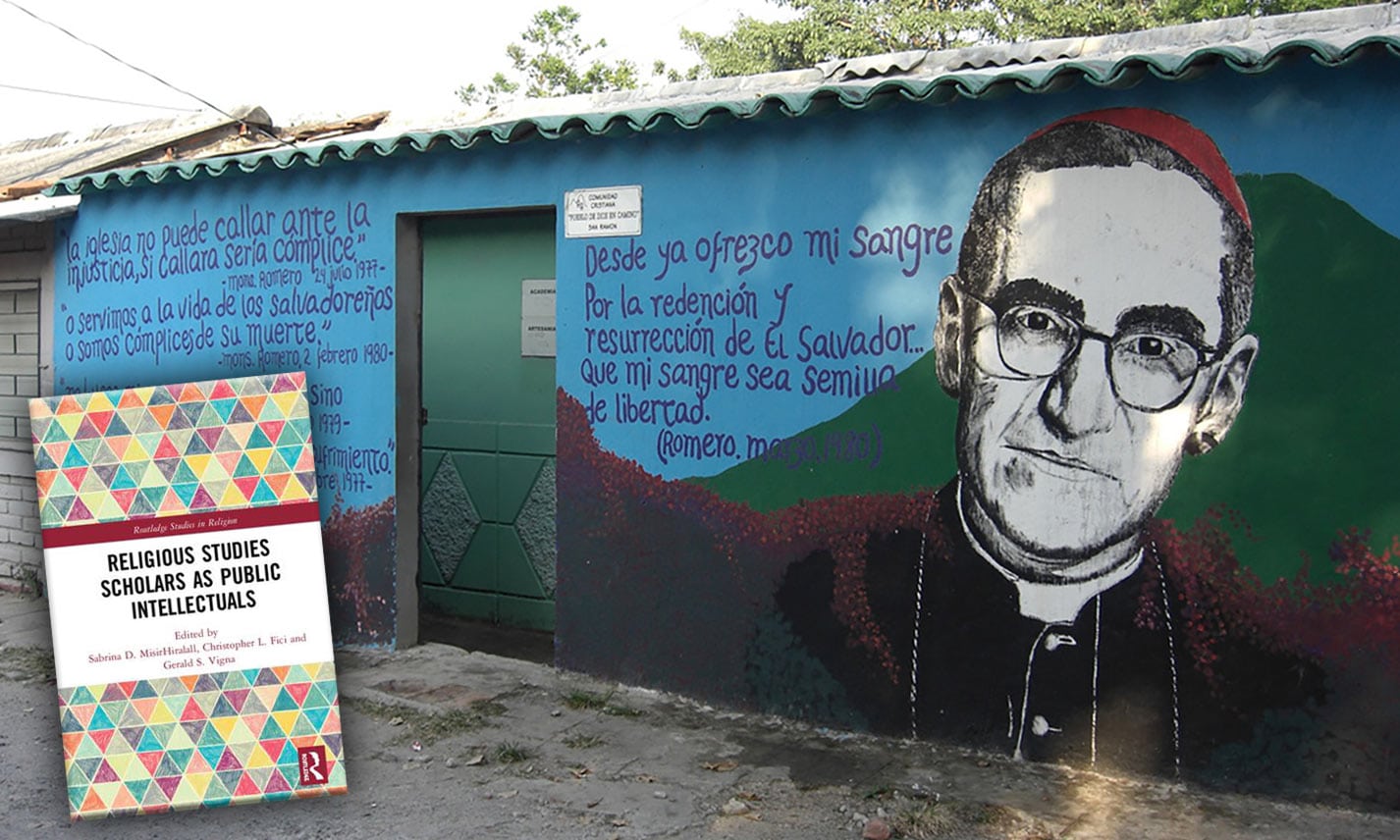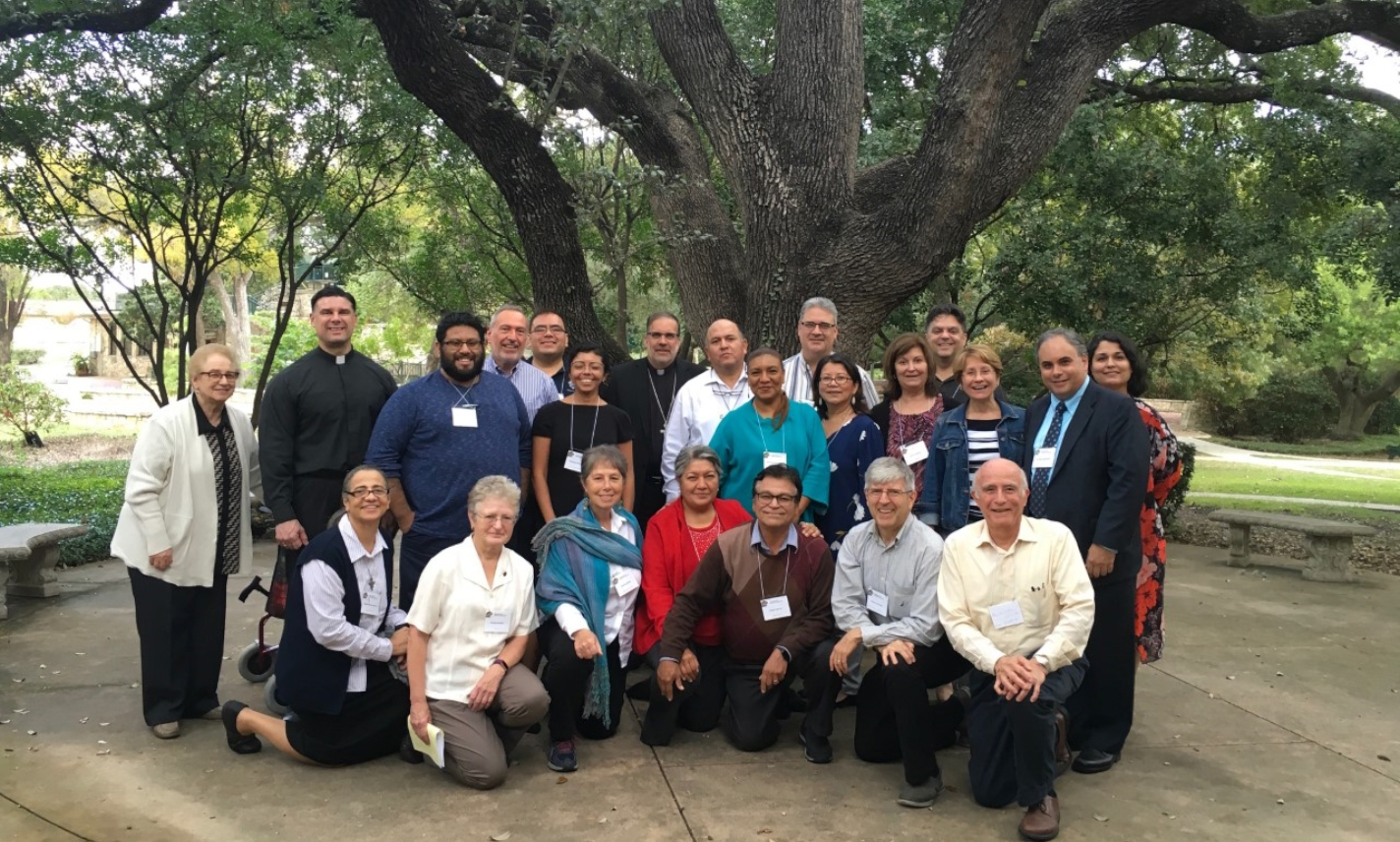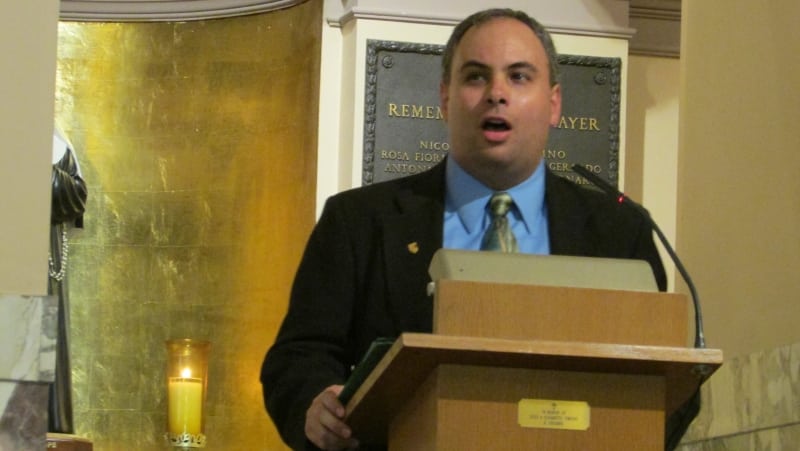
This essay is published in a book by Routledge Press released in June 2018, Religious Scholars as Public Intellectuals, as part of the Routledge Studies in Religion Series.
This unique collection of essays is both timely and thought provoking. Looking at the individual and collective role of religious studies scholars and theologians in public life, this book will be of great interest to all involved in religious studies, theology and religious leadership across faith traditions. This collection, including my contribution emerged from a series of presentations peer-selected from the 2017 Mid-Atlantic Region American Academy of Religion / Society of Biblical Literature Annual Conference, New Brunswick, NY, March 2017. That conference’s theme lent its title to this work.
The abstract for my article is as follows:
The development of the phrase “post-truth” to define the state of U.S. political, social and cultural discourse should concern scholars of theology and religion and well as religious leaders. A discourse based largely on emotional appeal separated from a discourse of fact is corrosive to the larger religious search for “Ultimate Truth” and that Truth’s relevance in human life and society. However, “post-truth” discourse is not a new phenomenon. Precedent can help us learn from other theological and religion scholars and leaders who have confronted similar historical circumstances. This paper will examine some aspects of Blessed Archbishop Oscar Romero’s confrontation with “post-truth” political and cultural forces during his three years as Archbishop of San Salvador, El Salvador (1977-80). These insights can be informative for contemporary theological and religious discourse and leadership which seeks to exercise responsible public resistance to the cult of “post-truth” in our current social discourse.
About the Book
MisirHiralall, Sabrina D., Christopher L. Fici, Gerald S. Vigna (eds.). Religious Studies Scholars as Public Intellectuals. Routledge Studies in Religion Series. New York: Routledge. 2018. 208 pp.
Looking at the individual and collective role of religious studies scholars and theologians in public life, this book will be of great interest to all scholars and academics involved in religious studies and theology across the academy.
About the Editors
Sabrina D. MisirHiralall, Ed.D. received her doctorate from the Pedagogy and Philosophy Program at Montclair State University. Recently, she published Confronting Orientalism A Self-Study of Educating Through Hindu Dance. She serves as Regional Coordinator on the Executive Board of the Mid-Atlantic Region of the American Academy of Religion.
Christopher L. Fici is a Ph.D. candidate at Union Theological Seminary in New York City. He serves currently as the President of the Mid-Atlantic American Academy of Religion, as well as Co-Chair within that region for the Comparative Religion and Ecology section.
Gerald S. Vigna is Associate Professor of Theology at Alvernia University in Reading, PA. He completed undergraduate and graduate degrees at Temple University and Northwestern University respectively. Currently, he is Vice-President/President-Elect of the Mid-Atlantic Region of the American Academy of Religion.
Table of Contents
1. Introduction – Sabrina D. MisirHiralall
Part I: Our Role as Public Intellectuals
2. The Future of Religious and Theological Studies: What Is Our Responsibility as Public Intellectuals? – Sabrina D. MisirHiralall
3. Claiming Our Voice: Religious Studies and Public Scholarship – Michael D. Waggoner
4. A Scholar’s Lament: Public Acts of Grief in a Nation of Religious Minorities – Nathan C. Walker
Part II: Public Intellectual Theology for the Common Good in the Post-Truth Era
5. Tragedy and Resistance: Religious and Theological Studies for the Common Good – Joel C. Daniels
6. Chess Boards and Boxing Gloves: Public Theology, Aesthetics, and Post-Truth Politics – L. Callid Keefe-Perry
7. Theological Inquiry and Leadership in a “Post-Truth” Era: Insights from Blessed Oscar Romero – Marc DelMonico
Part III: Pedagogy and Praxis of the Public Intellectual
8. Decolonizing the Classroom: Experimental Strategies for Decolonial Pedagogy and Praxis – Gabriel C. Crooks
9. The Responsibility and Limits of Military Chaplains as Public Theologians – Adam Tietje
10. Religion and Leadership: Taking Some Cues from Focolare’s ‘Inundations’ – Marian Maskulak
11. The Faithful Frame: Interfaith Conversation and the Role of the Public Intellectual – Reverend Jane Huber and Rabbi Seth Wax
Part IV: Public Intellectualism Across The Borderlines of Religion and History
12. Welcoming Syrian Refugees in Turkey: The Role of Religious Discourse in the Case of Diyanet – Aysenur Sonmez Kara
13. The Philosophy of Islamic Sufism in Public and Private Piety – Dr Walead Mosaad
14. Public Intellectuals at the Dawn of the Anthropocene Age: Can we ReMember? – Sara Jolena Wolcott
15. Theological Anthropology: Christianity’s Metaphysic of Oppression – Roberto E. Alejandro
Conclusion
16. Conclusion: Scholars of Religion and the Duty to Speak and Act – Christopher L. Fici and Gerald S. Vigna


 Request Dr. DelMonico's professional services for a liturgical, ministerial or leadership consultation, or for an academic or public presentation.
Request Dr. DelMonico's professional services for a liturgical, ministerial or leadership consultation, or for an academic or public presentation.